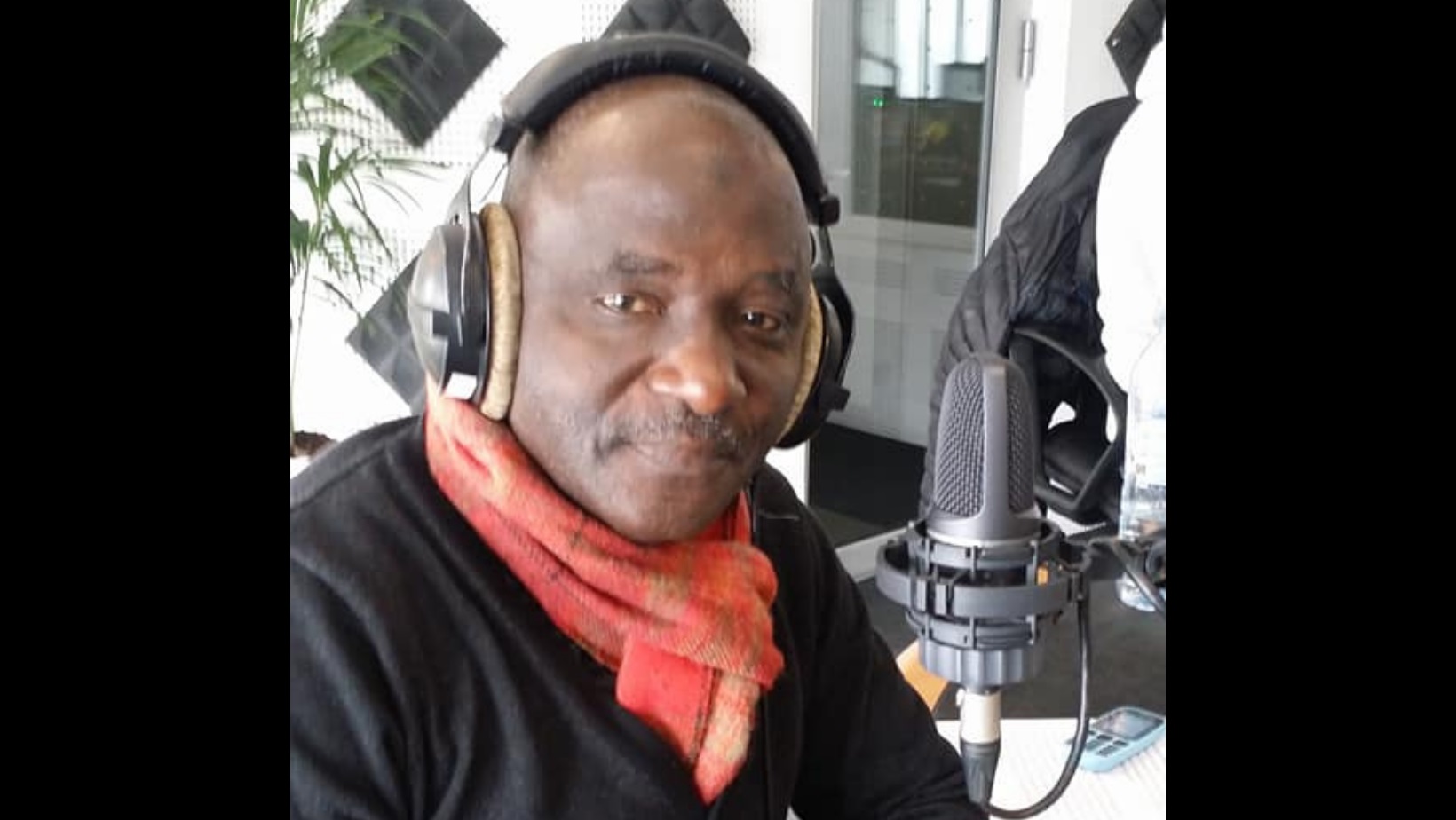After two nights in police custody, he was charged in court on 1 March with “insulting the head of state” and was transferred to prison. Because he was ill, he was transferred the next day to a Conakry hospital but continues to be detained.
Two of his lawyers, Alseny Aïssata Diallo and Mohamed Traoré, told RSF they regard his detention as a violation of Guinea’s media law because press offences are decriminalised and cannot result in imprisonment. They added that they have filed a new request for his release, which is being considered.
“There can be no justification for continuing to detain this journalist and we therefore call for his immediate and unconditional release,” said Assane Diagne, the director of RSF’s West Africa office. “As press offences have been decriminalised since 2010, Amadou Diouldé Diallo’s imprisonment is illegal and speaks to a desire by the Guinean authorities to censor dissenting voices. We urge them to comply with the media law’s provisions and to free this journalist, who is currently in poor health.”
In Guinea, journalists are often taken into police custody or jailed in connection with their work. Just last month, another sports journalist, Ibrahima Sadio Bah, was sentenced to six months in prison and a fine of 500,000 Guinean francs (40 euros) on a charge of defaming the head of the Guinean Football Federation (FEGUIFOOT), Mamadou Antonio Souaré.
The two-month suspended prison sentences that three Radio Nostalgie journalists were given under the penal code in January caused such an outcry that the justice minister instructed the prosecutor’s office to appeal against the verdict.
Guinea is ranked 110th out of 180 countries in RSF’s 2020 World Press Freedom Index.

